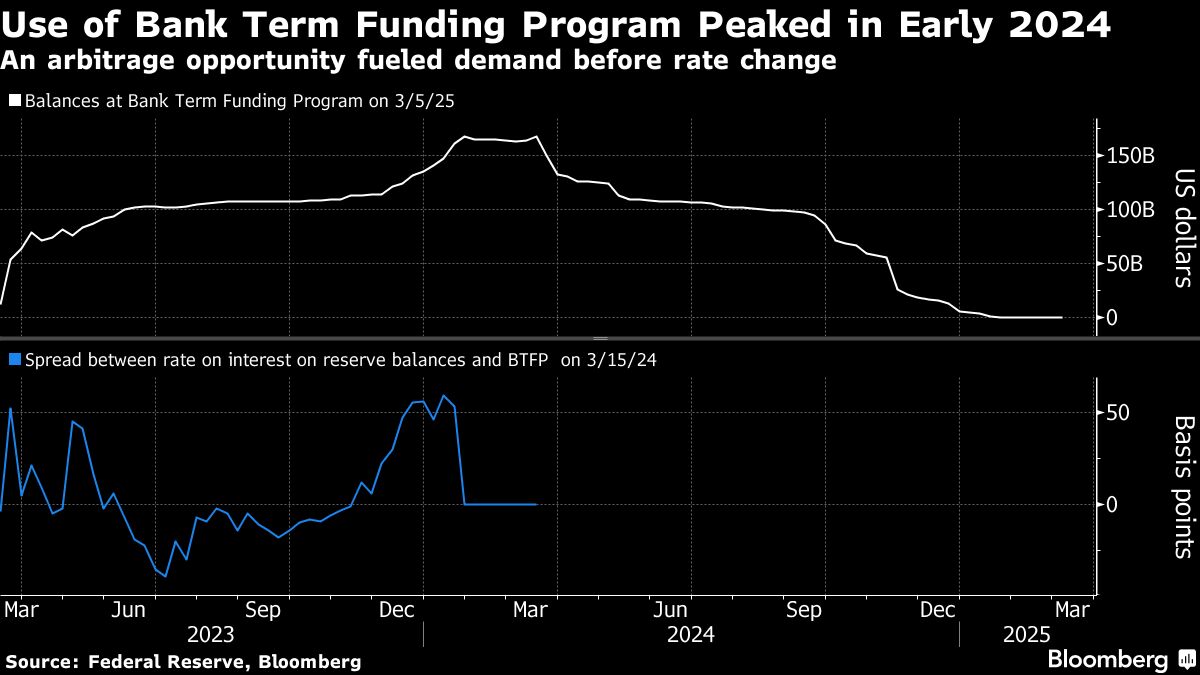Breaking: How CFOs Are Transforming Finance from Roadblock to Strategic Partner

Breaking the Mold: How Finance Departments Are Transforming Their Image
Finance departments have long been stereotyped as corporate killjoys, earning the notorious reputation of being the "Department of No." Traditionally viewed as bureaucratic roadblocks, these teams have been known for reflexively rejecting innovative ideas and stifling business growth with endless red tape.
However, a remarkable transformation is underway. Modern chief financial officers are reimagining their role, shifting from mere cost-cutters to strategic partners who drive organizational success. Instead of simply saying "no," today's finance leaders are asking "how can we make this work?"
This evolution represents more than just a change in attitude—it's a fundamental reimagining of finance's core mission. By embracing technology, data analytics, and a collaborative mindset, finance departments are becoming catalysts for innovation and strategic decision-making.
The new finance professional is a problem-solver, a strategic advisor, and a key architect of business growth. They're breaking down traditional barriers and proving that financial oversight can coexist with creativity and forward-thinking strategy.








